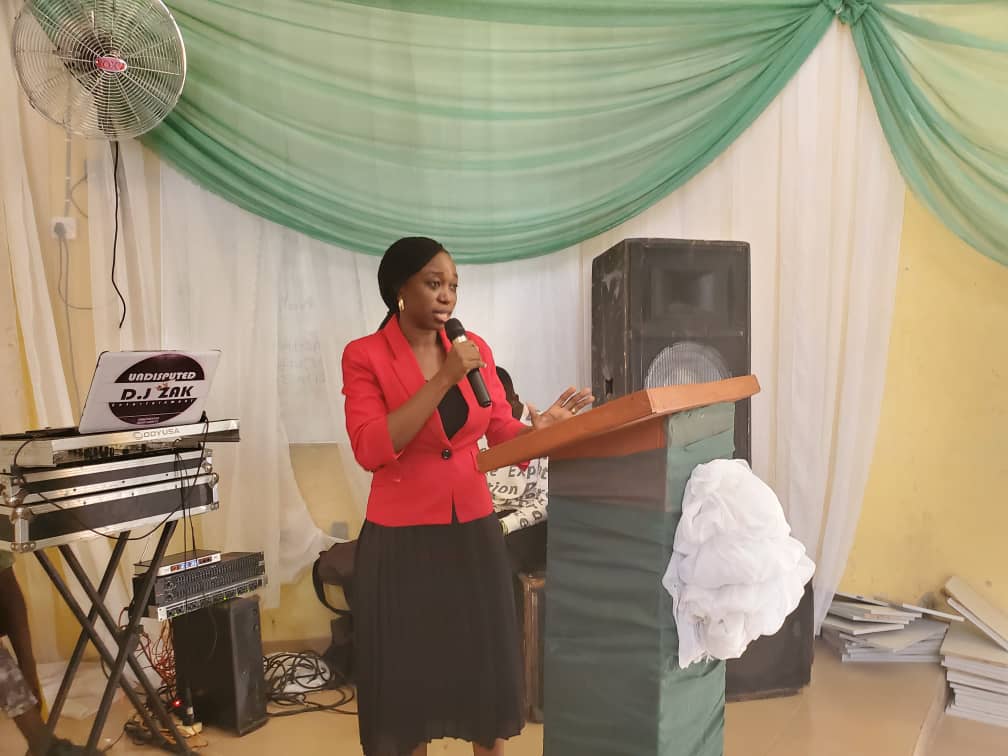The Independent Corrupt Practices and other Related Offences Commission (ICPC) has urged schoolteachers in Lagos State to build and maintain integrity in their various schools as this will encourage students to see integrity as a culture or way of life.
A representative of the Commission from the ICPC Lagos State Office, Mrs. Mary Omonoyan of the Public Enlightenment & Education Department, said this while delivering a goodwill message at the launch of Step Up Nigeria’s Integrity Certification Programme (SCIP) on behalf of the Commission.
The programme organised by Step Up Nigeria, aimed to promote integrity by recognising schools that have instituted measures to promote a culture of integrity.
Mrs Mary Omonoyan revealed that to ensure social change, the Commission had come up with different interventions in the education sector which include the National Values Curriculum, encompassing twelve core values which are taught under different subjects – Civic Education, Business studies, Social Studies, Christian Religious Knowledge and Islamic Religious Knowledge.
Other youth related initiatives include Students Anti-Corruption Club in secondary schools, and Students Anti-Corruption Vanguards in tertiary institutions.
Omonoyan also explained that the National Ethics and Integrity Policy (NEIP) of ICPC would help entrench positive values in the society and it obligates all Nigerians to commit to uphold its core values of human dignity, voice and participation, patriotism, personal responsibility, integrity, national unity and professionalism.
Also speaking at the launch of the Integrity Certification Programm, the Executive Director of Step Up Nigeria, Onyinye Ough, had the following to say about the programme “it is a voluntary initiative that recognises schools that have put standard measures in place to mitigate against academic and admissions dishonesty. The schools must have a strong culture of integrity, demonstrated by teaching values and using code of conduct and school policies to promote integrity”.
President of Association for Formidable Educational Development (AFED), Mr Emmanuel Orji, who was also present at the event, stated corruption has no tribal marks or language, so the need to establish and modify character in children is very important.
Present at the programme were Club Advisers of various Students Anti-Corruption Clubs. At the programme, sixty-one schools made commitments to begin teaching anti-corruption education.

